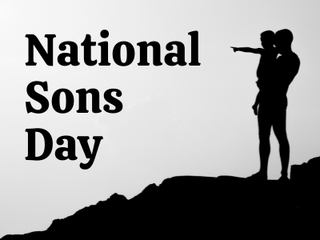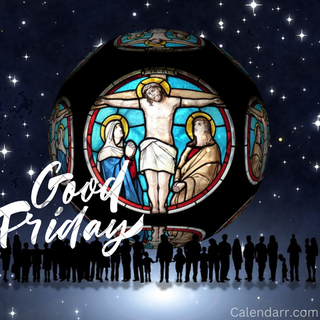- Calendar
- Calendar 2026
- January
- Epiphany
Epiphany
Epiphany, or The Feast of Epiphany, is celebrated every year on January 6, and it is a cherished Christian tradition that has a very rich history and symbolism.
It is also known as “Theophany” in the Eastern Christian Church, and sometimes called Three Kings' Day or Little Christmas in the West.
This feast honors significant moments in the life of Jesus Christ and for Western Christians, it marks the visit of the Magi symbolizing Jesus manifestation to the Gentiles.
It also commemorates the baptism of Jesus in the Jordan River, which revealed his divine identity as the Son of God.
Epiphany is a celebration of bright rituals, from festive songs and Three Kings Cake to the symbolic chalking of doors.
For a lot of people and culture, it also symbolizes the end of the Christmas season, with the decorations being taken down on Epiphany Eve or Candle Mas.
This joyous occasion is celebrated worldwide with diverse rituals that reflect both faith and cultural heritage, inviting Christians to reflect on the light and love that Jesus brings into the world.
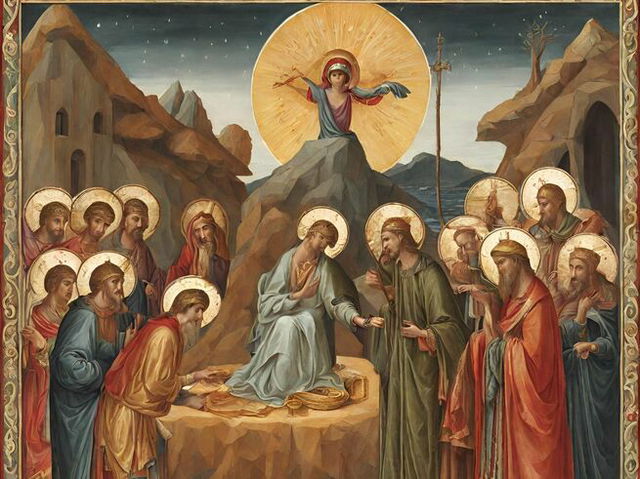
What is Epiphany?
The word Epiphany comes from the Greek and means manifestation. In religious terms, a manifestation is the appearance of an invisible being in its visible form.
In fact, on the day of Epiphany, people celebrate not only the visit of the Three Kings but also the time when Jesus was baptized and began spreading and teaching the Word about his father, God.
These were the two times when Catholics believed that Christ's importance and divinity were manifested,
- first, because the Wise Men could sense he would be someone significant, and,
- second because it was after his baptism that Jesus started manifesting his message and his powers.
The Origins of Epiphany
The origin and development of Epiphany and its rituals spans over centuries and intertwines theological reflections and liturgical practices.
Early Origins in the East
Epiphany originated in the Greek speaking eastern Roman Empire as a feast to honor the baptism of Jesus. Around 200 CE, Clement of Alexandria stated that the ancient Gnostic sect of Basilides observed the baptism of Jesus on the 15th of Tybi which is January 6th in the Julian calendar.
The celebrated involved overnight readings, possibly from the Gospels, and this relation between the Gospel readings and Jesus's baptism may explain the choice of January 6 as the feast date.
As time passed, the scope of Epiphany also expanded, and it started honoring not only the baptism but also the birth of Jesus, the visit of the Magi, and even the miracle at Cana that marked the beginning of Jesus' public ministry.
The Western Adoption
In the Latin speaking Western Church, Epiphany's focus directed to the visit of the Magi, which emphasized the manifestation of Jesus to the Gentiles.
By the 4th century, Western Christians observed Christmas on December 25 and scheduled January 6 for Epiphany.
Saint John Chrysostom highlighted the religious significance of the Magi's encounter with Herod that interpreted their journey as a divine revelation to Jews and Gentiles.
The Western Church’s emphasis on the Magi symbolized the universality of Christ's message.
Christian Developments
Epiphany was a multifaceted feast in the early centuries. During the 4th century, St. Gregory of Nazianzus in Cappadocia used to refer to it as “Theophany” focusing on Jesus’ baptism.
Jerusalem's Epiphany celebrations were described by the pilgrim Egeria as commemorating the Nativity.
Egyptian monasteries started celebrating the Nativity and Baptism together on January 6, while Armenian Church continued this tradition. However, in most traditions, the Nativity, and Epiphany became separate celebrations.
Evolution During The Middle Ages
Epiphany evolved further during the Middle Ages and, in the West, it was celebrated as an octave feast that lasted from January 6th to January 13th. The feast day was connected with the Holy Family and was a sacramental symbolism of the post-Christmas season.
Modern Period
The way Epiphany is celebrated today differs among Christian groups. In 1955, Pope Pius XII ended the eight-day celebration of Epiphany, and in 1969, the Feast of the Baptism of the Lord became a separate event. This change reduced the connection between Epiphany and Jesus’ baptism in Western churches.
Epiphany is still an important religious and cultural celebration. It honors the ways Jesus was revealed as the Son of God—through his baptism, the visit of the Magi, or his first miracle at Cana. Many churches celebrate it on January 6, while others mark it on the closest Sunday.
Epiphany Traditions
As a holiday that is celebrated around the World, there are quite a few different Epiphany traditions.
In America, most people stick to celebrating Epiphany by attending church service, where the sermon is focused on Jesus's baptism and the revelation of his holiness.
In some countries, such as Spain and Italy, January 6th is the day when children receive their Christmas gifts, as it was the day when Jesus received his gifts.
Many countries also have their version of the traditional King Cake, in America, this delicacy is most famous in the city of New Orleans, where people eat the cake until Fat Tuesday. In Mexico, where the day is known as Dia de Los Reyes, the cake is called Rosca de Reyes, with a plastic baby Jesus inside. Whoever gets the baby, gets to be Jesus's godparent for the day.
Finally, January 6th is commonly the day when people take down their Christmas trees, as it marks the official end of the holiday season.
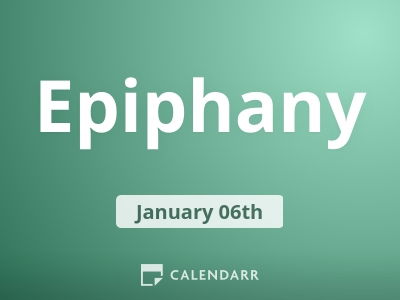
Other Celebrations
-
Aug 15 Fri
-
Nov 20 Thu

Epiphany - Next years
Wednesday, 06 January 2027
Thursday, 06 January 2028
Saturday, 06 January 2029
2025 Calendars
Trending
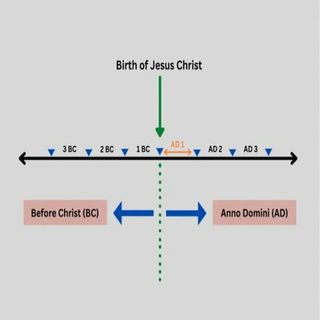



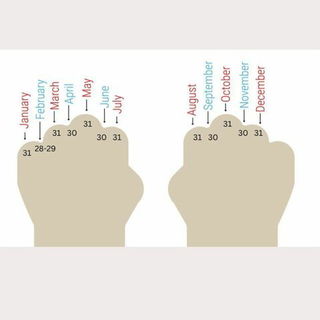

You might also be interested in


